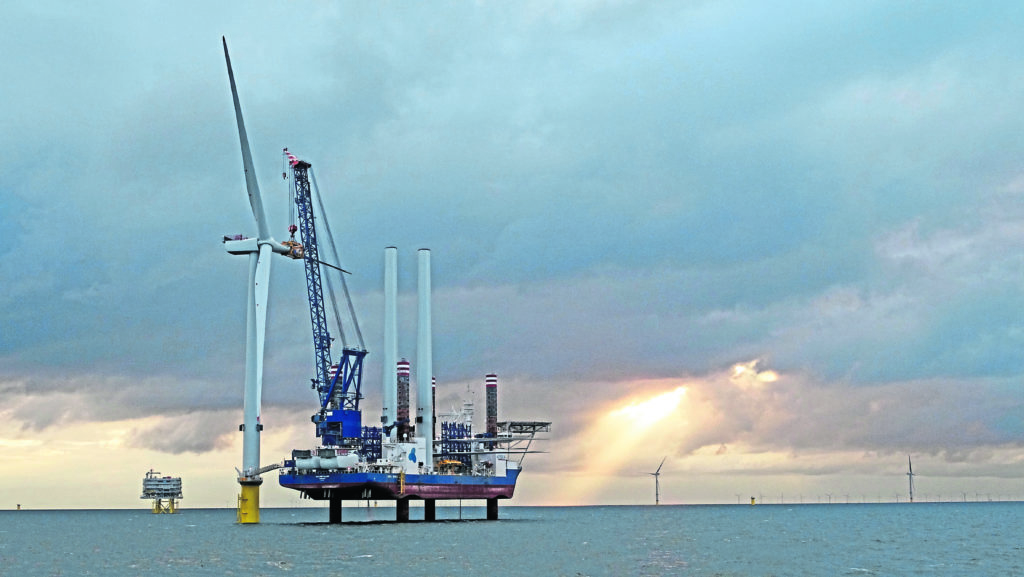
Wind developer Orsted has pledged to “work closely” with regulators to decrease the firm’s impact on the sea life and ecosystem under a new policy.
The Danish firm said it “strives” to uphold a track record of “managing the natural environment and resources” in the area in which it operates.
Through its new offshore wind biodiversity policy, Orsted claims it has set out plans “that underpin our efforts to protect the natural environment in the areas where we develop, construct and operate offshore wind farms”.
Hans Lyhne Borg, head of environment, consents and property at Orsted, said: “Renewable energy plays a major role in mitigating climate change and the threat it poses to biodiversity.
“At the same time, it is important to protect biodiversity at our wind farm projects and sites.
“Our biodiversity policy formalizes and makes it transparent that Ørsted takes responsibility for the natural environment, and that we actively engage with all relevant stakeholders and operate within all relevant regulations, for the protection of species and habitats.”
The wind firm said it “will continue to work closely with regulators, local communities and environmental experts” to increase it’s knowledge and improve operations.
Orsted currently work in collaboration with the WWF, the World Wide Fund for Nature in Denmark.
The new policy will see increased focus on potential noise impact on marine mammals, bird migration and seabed and coastal environments.
Bo Oksnebjerg, secretary general of WWF, said: “The increasing demand for energy is driving rapid changes on our planet.
“Animals are under pressure, corals are dying, and plants are perishing. Nature, underpinned by biodiversity, provides a wealth of services that has built modern society, with its benefits and luxuries, and we will continue to need these natural resources to survive and thrive.
“It is imperative that we all take on the responsibility of protecting the planet’s biodiversity. And so, we are very pleased that Ørsted is assuming a great part of this responsibility in their work with offshore wind farms going forward.”
Recommended for you
